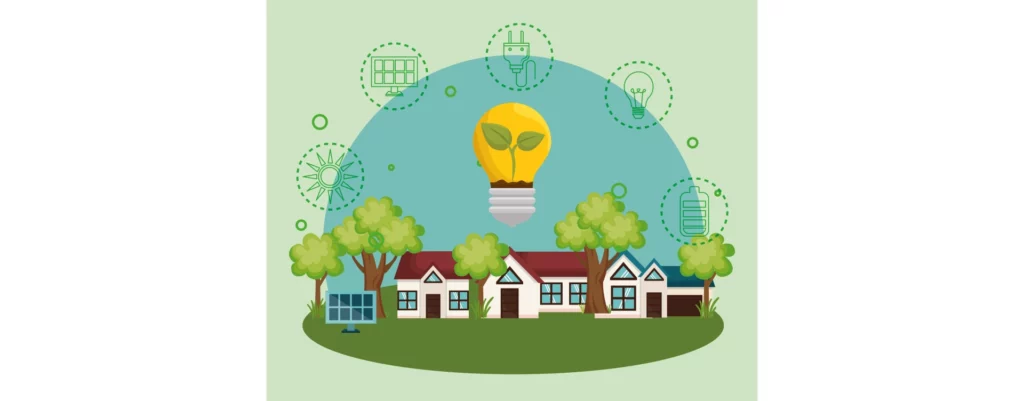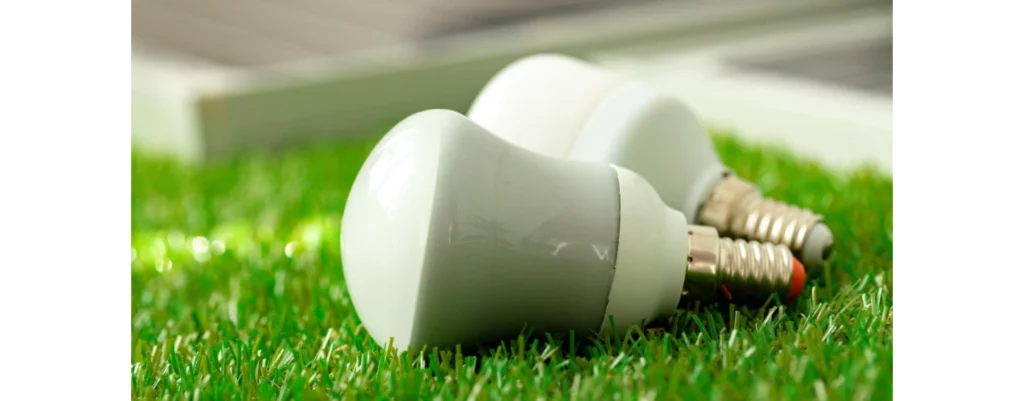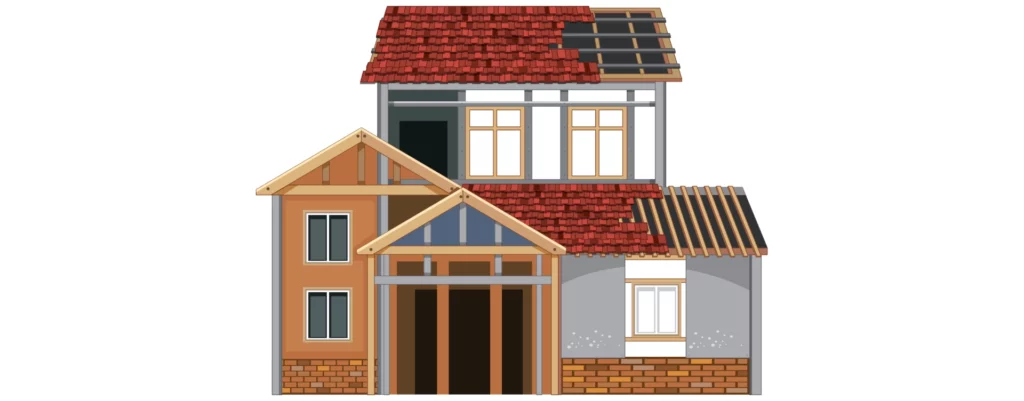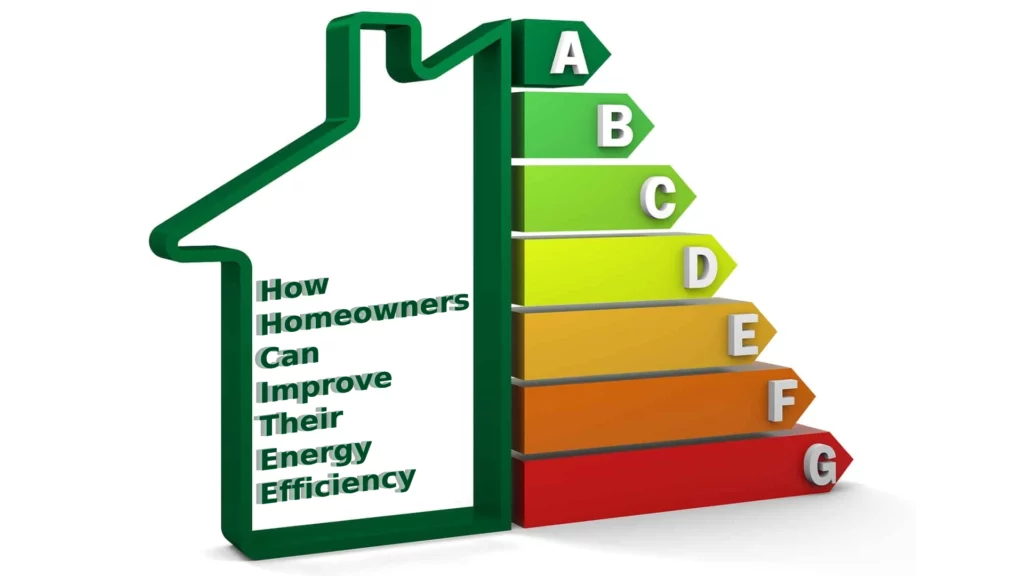Welcome to our comprehensive guide on “How Homeowners Can Improve Their Energy Efficiency”.
This guide delves deep into the various methods and strategies homeowners can adopt to enhance their home's energy efficiency.
Our focus is on practical, actionable advice that not only helps in reducing energy costs but also plays a crucial role in environmental conservation.
Understanding Energy Efficiency in Homes
What is Energy Efficiency?
At its core, energy efficiency involves using less energy to accomplish the same tasks in your home, thereby optimizing energy use.
When we discuss how homeowners can improve their energy efficiency, we're exploring ways to make homes more efficient in their energy use, without compromising on the comfort and functionality of the home.
Why is Energy Efficiency Important?
Energy efficiency is not just a buzzword; it has significant implications:
- Cost Savings: Energy-efficient homes consume less energy, leading to substantially lower utility bills.
- Environmental Impact: Reduced energy usage means a smaller carbon footprint and less strain on our planet's resources.
- Comfort and Health: Energy-efficient homes often have better air quality and temperature regulation, leading to a healthier and more comfortable living environment.

Detailed Steps to Improve Home Energy Efficiency
1. Conduct an Energy Audit
The importance of energy audit lies in its ability to provide a clear blueprint for improving a home's energy efficiency. It's a critical first step in identifying specific problem areas and developing targeted solutions to reduce energy consumption and costs.
- Understanding Energy Audits: An energy audit is a detailed inspection of your home to identify where it's losing energy and where improvements can be made. This process often involves a professional auditor who uses specialized tools and techniques to evaluate your home's energy usage.
- Benefits: A thorough understanding of your home's energy weak spots allows you to make targeted, effective improvements. It's the first critical step in how homeowners can improve their energy efficiency.
2. Upgrade to Energy-Efficient Appliances
Upgrading to energy-efficient home appliances is one of the great ways to improve your home's energy efficiency.
- Choosing the Right Appliances: Appliances account for a significant portion of home energy use. Energy Star-rated appliances, while sometimes more expensive up front, use significantly less energy than standard models.
- Long-term Financial Benefits: The initial investment in energy-efficient appliances is offset by the long-term savings on energy bills. Over time, these appliances pay for themselves and continue to save money.
3. Enhance Insulation and Seal Drafts
- Insulation Upgrades: Proper insulation is essential for maintaining your home’s temperature. Insulation in walls, attics, and floors prevents heat loss in winter and keeps your home cool in summer, reducing the need for constant heating and cooling.
- Sealing Leaks: Windows, doors, and even electrical outlets can be sources of drafts and energy loss. Sealing these leaks is a cost-effective way to improve energy efficiency. Weather-stripping and caulking are simple yet effective solutions.

4. Implement Smart Home Technologies
- Smart Thermostats: These devices can significantly improve how homeowners can improve their energy efficiency by learning your schedule and adjusting heating and cooling for optimal energy use.
- Automated Lighting: Integrating smart lighting systems, like motion sensors and automated schedules, can dramatically reduce energy consumption from lighting, which is a significant portion of a home's energy use.
5. Switch to Renewable Energy Sources
- Solar Power: Installing solar panels is a substantial investment with significant returns in terms of energy efficiency. Solar power can drastically reduce or even eliminate reliance on grid power.
- Wind Turbines: In certain regions, small-scale wind turbines can be an effective and sustainable source of energy.
6. Regular Maintenance of HVAC Systems
- System Efficiency: HVAC systems are central to a home's energy use. Ensuring these systems are functioning efficiently is crucial. This includes regular professional check-ups and cleanings.
- Filter Maintenance: A simple yet often overlooked aspect of HVAC maintenance is the regular replacement or cleaning of air filters. Dirty filters make your system work harder, reducing efficiency.

7. Adopt Energy-Efficient Lighting Solutions
- Transition to LED: LED lights consume significantly less energy than traditional incandescent bulbs and have a much longer lifespan.
- Maximizing Natural Light: Utilizing natural light can dramatically reduce the need for artificial lighting. Consider redesigning spaces to maximize daylight.
8. Water Conservation Strategies
- Efficient Fixtures: Installing fixtures like low-flow showerheads and faucets reduces water usage, which in turn reduces the energy used for heating water.
- Energy-Efficient Water Heating: Opting for a more efficient water heater or lowering the temperature setting can have a substantial impact on energy usage.
9. Behavior Modification
- Mindful Energy Usage: Simple actions, like unplugging devices when not in use and being conscientious about turning off lights, can collectively make a significant difference.
- Education and Awareness: Educating all household members about the importance of energy efficiency can foster a more energy-conscious lifestyle.

10. Invest in Energy-Efficient Windows
Upgrading your home’s windows is a powerful step in enhancing its overall energy efficiency. Windows play a crucial role in how well a home retains heat during colder months and stays cool during warmer ones.
- Window Upgrades: Double or triple-glazed windows can drastically reduce heat loss and gain, contributing significantly to home energy efficiency.
- Window Treatments: Strategically using blinds, curtains, and shades can provide additional insulation and manage solar heat gain.
Maximizing Energy Efficiency with Proper Home Design and Layout
Understanding the role of home design and layout in energy efficiency is crucial. The orientation of your house, window placement, and room layout can greatly influence how much natural light and heat you receive.
For instance, having large windows on the south side of your home can capture more sunlight during winter, reducing heating costs. Moreover, designing living spaces where you spend most of your time in areas with optimal natural light can decrease the need for artificial lighting.
The Role of Smart Landscaping in Energy Efficiency
Smart landscaping is an often-overlooked aspect of how homeowners can improve their energy efficiency.
Planting trees strategically around your home can provide shade during summer, reducing cooling costs, and act as windbreaks in winter, cutting down on heating needs.
Additionally, choosing local and drought-resistant plants can minimize water usage for landscaping, contributing to overall home energy efficiency.

Investing in Energy Efficient Roofing
The type of roofing material used and its color can impact your home's energy efficiency. Light-colored or reflective roofs can significantly reduce the amount of heat absorbed by your home, decreasing air conditioning needs.
Upgrading to energy-efficient roofing materials like cool roofs or installing a green roof can provide insulation and reduce energy consumption.
Utilizing Energy Management Systems
Energy Management Systems (EMS) are advanced solutions for monitoring and controlling energy usage in your home.
These systems can provide real-time data on energy consumption and help identify patterns or areas where energy use can be reduced.
By integrating EMS with your smart home devices, you can automate energy-saving practices, making it easier to improve your home's energy efficiency.
Incorporating Energy-Efficient Doors and Window Treatments
Just like windows, doors play a significant role in preventing energy loss. Investing in energy-efficient doors, ensuring proper sealing, and using draft stoppers can prevent heat loss in winter and keep cool air inside during summer.
Additionally, using energy-efficient window treatments like thermal curtains or cellular shades can provide extra insulation and further enhance energy efficiency in your home.

The Importance of Sustainable Building Materials
When renovating or building, choosing sustainable building materials can significantly impact your home's energy efficiency.
Materials like recycled steel, bamboo, cork, and reclaimed wood not only reduce the environmental impact but also often provide better insulation than traditional materials.
By opting for sustainable materials, homeowners contribute to energy efficiency and environmental conservation.
Conclusion
Improving energy efficiency in your home is a journey that not only saves money but also contributes to a healthier planet.
By taking steps such as conducting energy audits, upgrading to energy-efficient appliances, enhancing insulation, and adopting smart technologies, homeowners can significantly improve their energy efficiency.
Remember, every small change contributes to a larger impact. Start today and make your home a model of energy efficiency!
Implementing these strategies on how homeowners can improve their energy efficiency is not just an investment in your home, but also an investment in the future.
Your efforts will pay off in lower energy bills, a more comfortable living environment, and a reduced carbon footprint. Let's work together to create a more sustainable world, starting from our homes!
Source:
How effective is energy-efficient housing? Evidence from a field trial in Mexico

